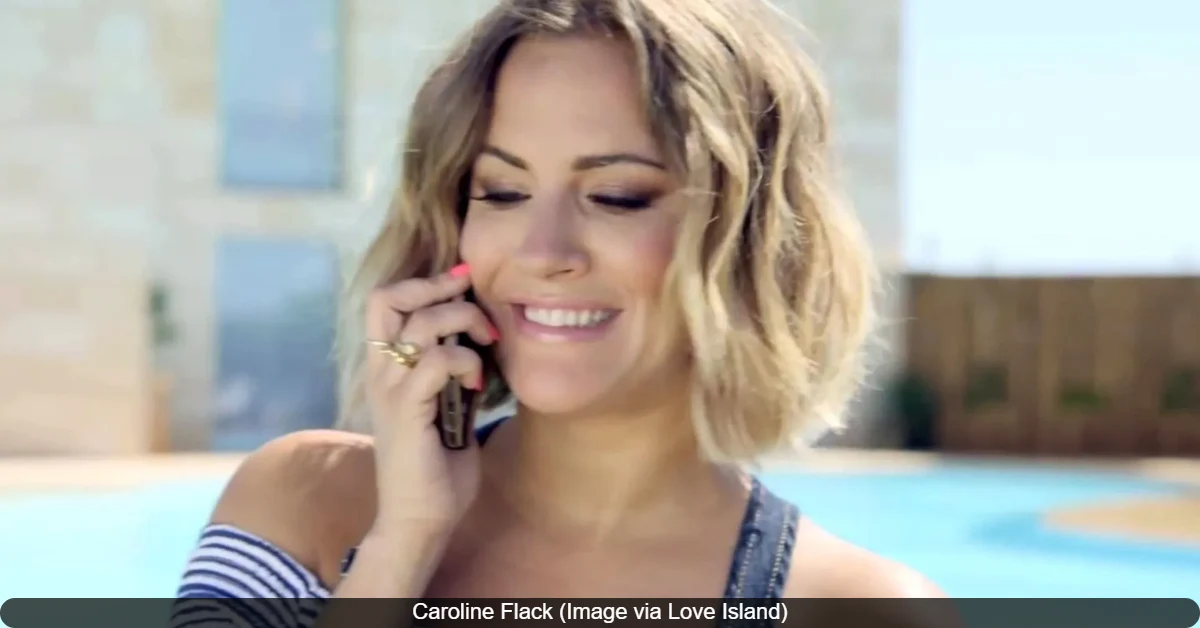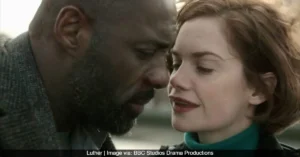A new documentary is shedding light on the intense pressures that led to the tragic death of Caroline Flack, the beloved Love Island host who died by suicide in February 2020. The two-part series, Caroline Flack: Search for the Truth, began streaming on Hulu and Disney+ on November 10, 2025. The project follows Flack’s mother, Christine, as she investigates the institutional failures and media storm that shaped her daughter’s final days. The documentary features never-before-heard audio and text messages from Flack, revealing her emotional state following her 2019 arrest for assault.
What the Documentary Reveals About Caroline’s Final Months
The docuseries centers on Christine Flack’s quest to clear her daughter’s name and understand the events leading to her death. She spent five years gathering hundreds of pages of documents that form the basis of the investigation. The series shows that Flack wanted to tell her own story; before her death, she had contacted the production company about making a documentary to clear her name and reputation.
The film explores the night of December 12, 2019, when Flack and her boyfriend, tennis player Lewis Burton, had an argument after she saw a message from another woman on his phone. During the confrontation, Flack hit him on the head with his cell phone. Burton called the police because Flack, who was 5’4″ to his 6’4″, would not stop physically coming after him. When police arrived, they found the couple’s bed covered in blood.
A key revelation in the documentary is that the blood was not from Burton’s minor head injury, which did not require medical treatment. Christine Flack states that her daughter caused the blood herself. When Burton called the police and Caroline realized the incident would become public, she picked up a broken piece of glass and cut her wrists so severely that she spent 12 hours in the hospital and was told she would need plastic surgery.
Christine Flack shared in the documentary: “I want the real Caroline to be remembered. Not this Caroline that was portrayed in the press. The punishment was so disproportionate given the risks to her health.”
The Decision to Prosecute and Media Frenzy
Although Burton did not support the prosecution and the Crown Prosecution Service (CPS) initially ruled the case was not in the public interest to pursue, a detective with the Metropolitan Police appealed the decision. The officer claimed Flack had not taken accountability for her actions, even though she repeatedly had. The Independent Office for Police Conduct later ruled this appeal was the result of “individual and organisational failings.”
A second CPS prosecutor then decided to move forward with the assault charge. Nazir Afzal, a former chief crown prosecutor who appears in the documentary, initially defended that decision. After reviewing the evidence for the film, he changed his position.
Nazir Afzal stated: “Looking at all the evidence, I can’t understand the rush to judgment. This is a case where there’s no previous history. Mr. Burton never ever wanted this case. For all of those reasons, the very worst thing that should have happened was a caution.”
The case became a tabloid sensation. The Sun published a front-page photo of the blood-stained bed, implying it was covered in Burton’s blood. According to the documentary, Burton had sent the photo to a friend, who then sold it to the newspaper. Flack did not correct the public record, both out of personal shame and on the advice of her agent.
Caroline’s Declining Mental State Before Court
The documentary details Flack’s fragile mental health in the months after her arrest. She was forced to step down from hosting Love Island, a job she loved, and was isolated from Burton due to bail conditions preventing contact.
The night before her first court appearance, her friend Mollie Grosberg received a concerning call. Flack had “drank the minibar dry” and “took whatever tablets” were in her hotel room. Grosberg and others rushed to her side.
Mollie Grosberg recalled: “She was just completely out of it on the bed. We were just freaking out because the next day was the hearing, but also, I was thinking she’s going to die.”
Footage from the hearing showed Flack appearing tired and withdrawn. She later shared on Instagram that she was experiencing “the worst time of my life,” writing that she felt unsure of where to turn or whom to trust. In never-before-heard audio clips featured in the documentary, Flack is heard crying, saying, “I’m just really going all over the place. My head doesn’t know what to think at any point.” In a text message, she wrote, “I feel the lowest I’ve ever felt” and “I don’t see any way out of this.”
Caroline Flack died by suicide on February 15, 2020, in her apartment in Stoke Newington, London, just a month before she was due to stand trial. The coroner ruled that her death was influenced by the distress she felt from the upcoming trial and the intense media attention.
A Mother’s Mission for Accountability
Christine Flack states that she has met with journalists from the tabloids but feels they have not acknowledged any wrongdoing. Her goal is a simple acknowledgment that mistakes were made.
The documentary serves as a stark examination of the intersection between mental health, the justice system, and media culture. For Christine and those who loved Caroline, the series is a step toward achieving the clarity Flack herself wanted.
Also Read: Nice to Not Meet You Episodes 1-2 Recap: A Rivalry Ignited by Embarrassment and Ink
Halle Berry Explains Why She Left Kim Kardashian’s New Legal Drama All’s Fair






